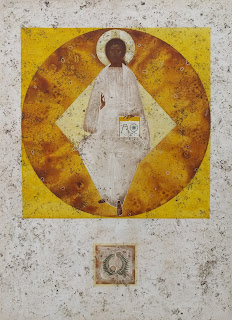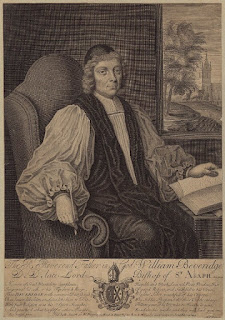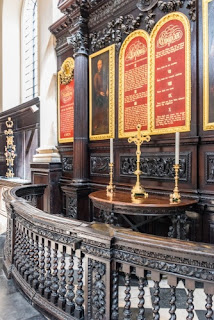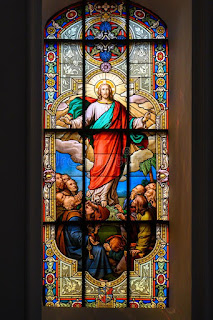'Much more extensive and much more glorious': heeding a 1786 Ascension Day sermon

Peter Williams was a Welsh clergyman (b.1756) who received holy orders in 1783 and was shortly thereafter appointed chaplain of Christ Church, Oxford. He returned to Wales in 1790, serving a number of Welsh cures thereafter, becoming archdeacon of Merioneth in 1809. He published A Short Vindication of the Established Church in 1803 (which received a very favourable review in The Orthodox Churchman's Magazine ). There is, in other words, nothing to suggest that Williams was anything other than a faithful cleric of the Church of England, having a quite ordinary, conventional clerical career. It is this which makes this 1786 Ascension Day sermon before the University of Oxford interesting. The sermon was published: this itself was nothing unusual, as many university sermons were published. It does allow us, however, to read an Ascension Day sermon by a quite ordinary clergyman of the late 18th century Church of England. What we read contrasts sharply with the conventional and...







